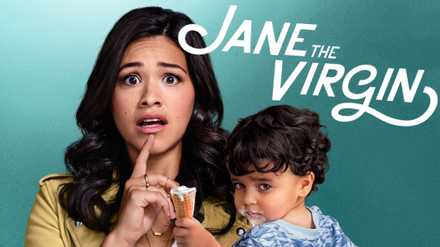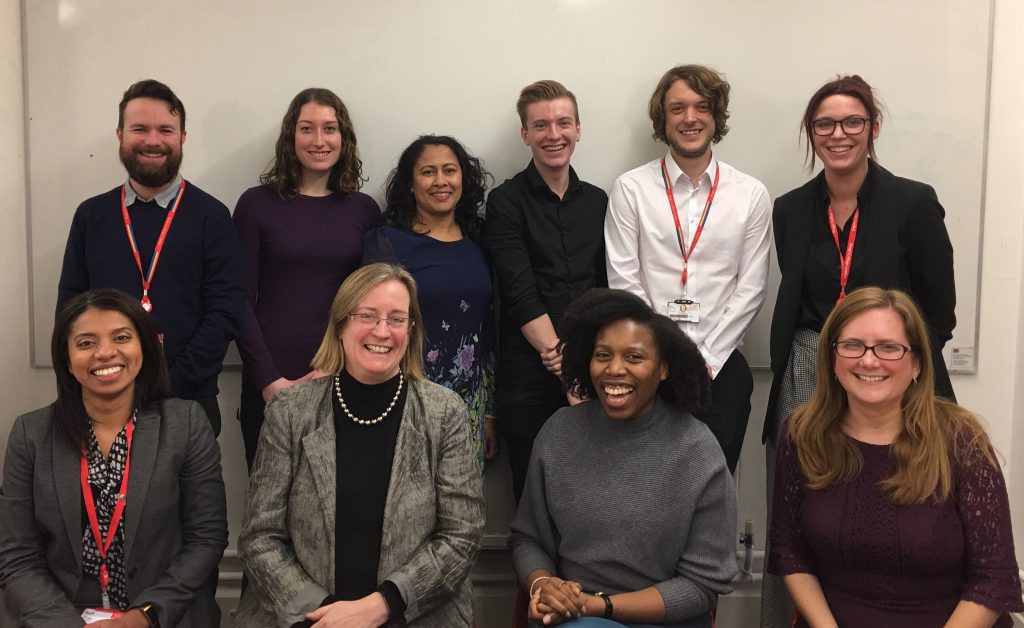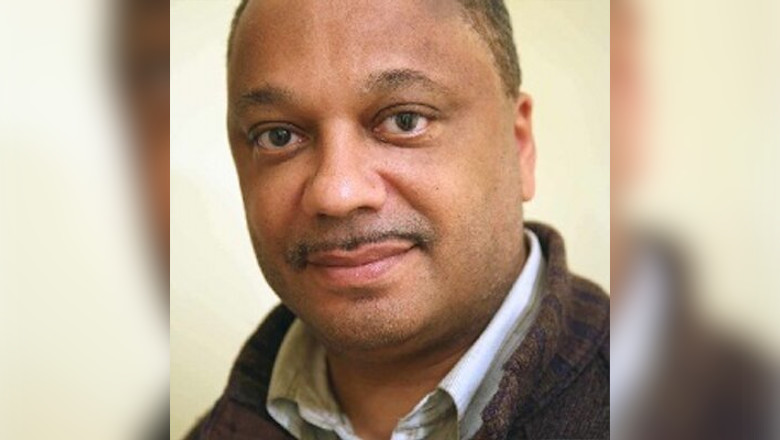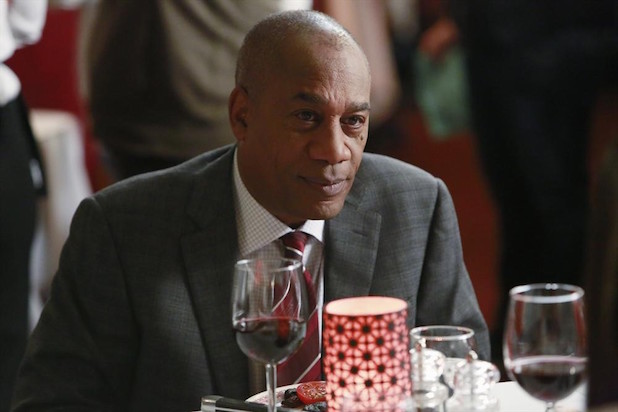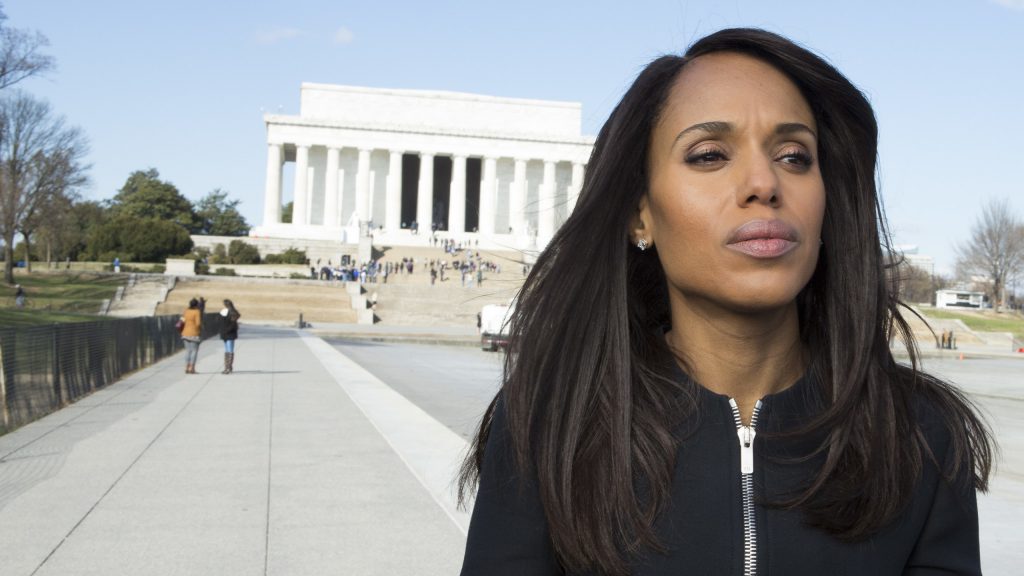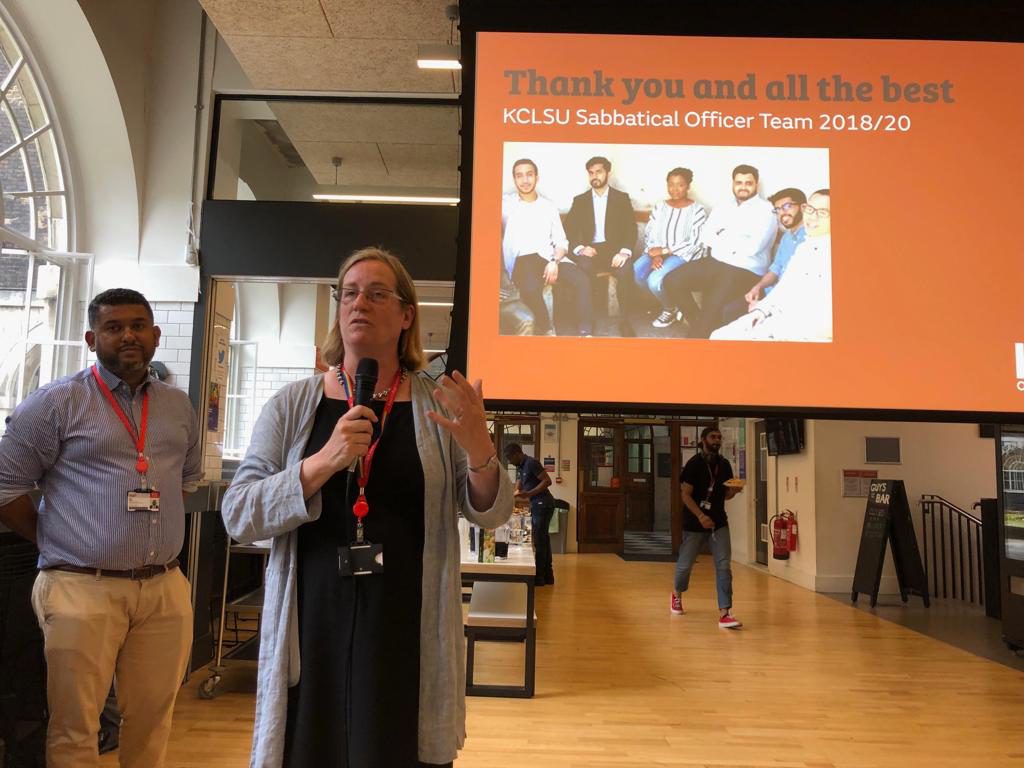We invite each of our new team members to write a blog post to introduce themselves to the King’s community. Introducing, Lauren Blackwood (she/her), EDI Project Officer, and her piece on self care, white guilt and fragility.
It is frequently the case that Equality, Diversity, and Inclusion (EDI) professionals of colour (and people of colour (POC) generally) face unique challenges in the workplace. Namely, POC experience numerous facets of resistance, avoidance, and in some cases violence (individual and institutional) when engaging white people in conversations about race, specifically racism. These experiences can have an adverse effect on POC (and other groups who face marginalisation and discrimination). Considering this, it is important to ensure that EDI professionals of colour prioritise self-care where possible during, and following, these instances.
As defined by DiAngelo, White fragility is “a state [in white people] in which even a minimum amount of racial stress becomes intolerable, triggering a range of defensive moves. These moves include the outward display of emotions such as anger, fear, and guilt, and behaviours such as argumentation, silence, and leaving the stress-inducing situation. These behaviours, in turn, function to reinstate white racial equilibrium” (2011, 54). Conversations which challenge racial dynamics and hierarchies are not yet normalised. But what is normalised is the often-unquestioned dominance of white people, as well as institutions (e.g., education systems, the media, political order), and other environments in the cultural and political West primarily catering for white comfort by reinstating the white racial equilibrium. Thus, the discomfort which stems from challenging racial privilege is oftentimes unfamiliar (55). Both this definition and its explanation are transferable and may be used to describe the responses minorities generally (e.g., LGBTQ+ individuals, disabled people, neurodiverse people) experience when calling out or calling in colleagues, friends, or family etc., regarding their privileges.
The effects of white people exhibiting this fragility and guilt on POC include our own feelings of guilt that we have ‘made’ another feel this way; feeling unsafe within the environment and amongst the given company; being seen as, and consequently being made to feel, ‘lesser than’ due to the side-lining of our racial experience and the prioritisation of the dominant party’s feelings. Oftentimes, these effects can be at the expense of the health and wellbeing of POC (Williams et al. 2019, 114). Though it may be said that EDI professionals have opted for a career and working environment which can go hand-in-hand with encountering these instances, we are still human beings whose feelings, experiences, and health are valid and important.
Due to these potentially damaging effects, and the validity of these experiences and feelings, it is important that POC working in EDI engage in self-care. Self-care following occurrences of white guilt and fragility can come in many forms, for instance, by creating and accessing safe environments. Whether this environment is at home or with colleagues – discussing the experience you have had without judgement is valuable, and instead receiving reassurance that dismantling and challenging racism (both covert and overt forms) is OK and necessary to dismantle oppression. Secondly, surrounding yourself with people who humanise you and in turn validate your feelings and existence as a POC. Thirdly, remembering that you cannot dismantle oppression and decolonise institutions on your own nor can it be done overnight, so it is in the interests of both the task and yourself to take time out to prioritise yourself before returning to the job.
As advice for those exhibiting white guilt and/or white fragility – I believe that in order to be influenced to enact change in your work and home environments, relationships, and within one’s self and counterparts, this guilt needs to be recognised and embraced rather than overlooked or evaded. Feelings of guilt concerning racial privilege may be used as encouragement to engage in constructive conversations concerning race and unlearning prejudices. By understanding and recognising these feelings of guilt and fragility, genuine concern about changing one’s behaviour can begin. In collectively changing this behaviour, we can foster a safer and more accessible environment for POC, whose oppression and consequential marginalisation unfairly benefits and privileges white people.
Bibliography
DiAngelo, R. (2011) White Fragility. The International Journal of Critical Pedagogy, 3(3).
Williams, D.R., Lawrence, J.A., and Davis, B.A. (2019) Racism and Health: Evidence and Needed Research. Annual Review of Public Health, 40, pp.105-125
